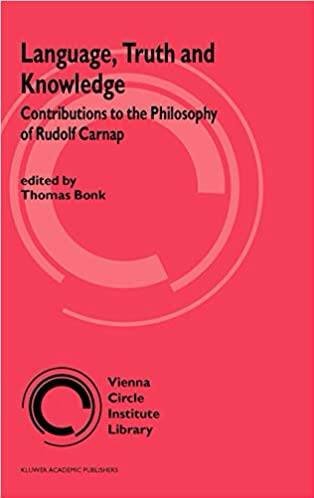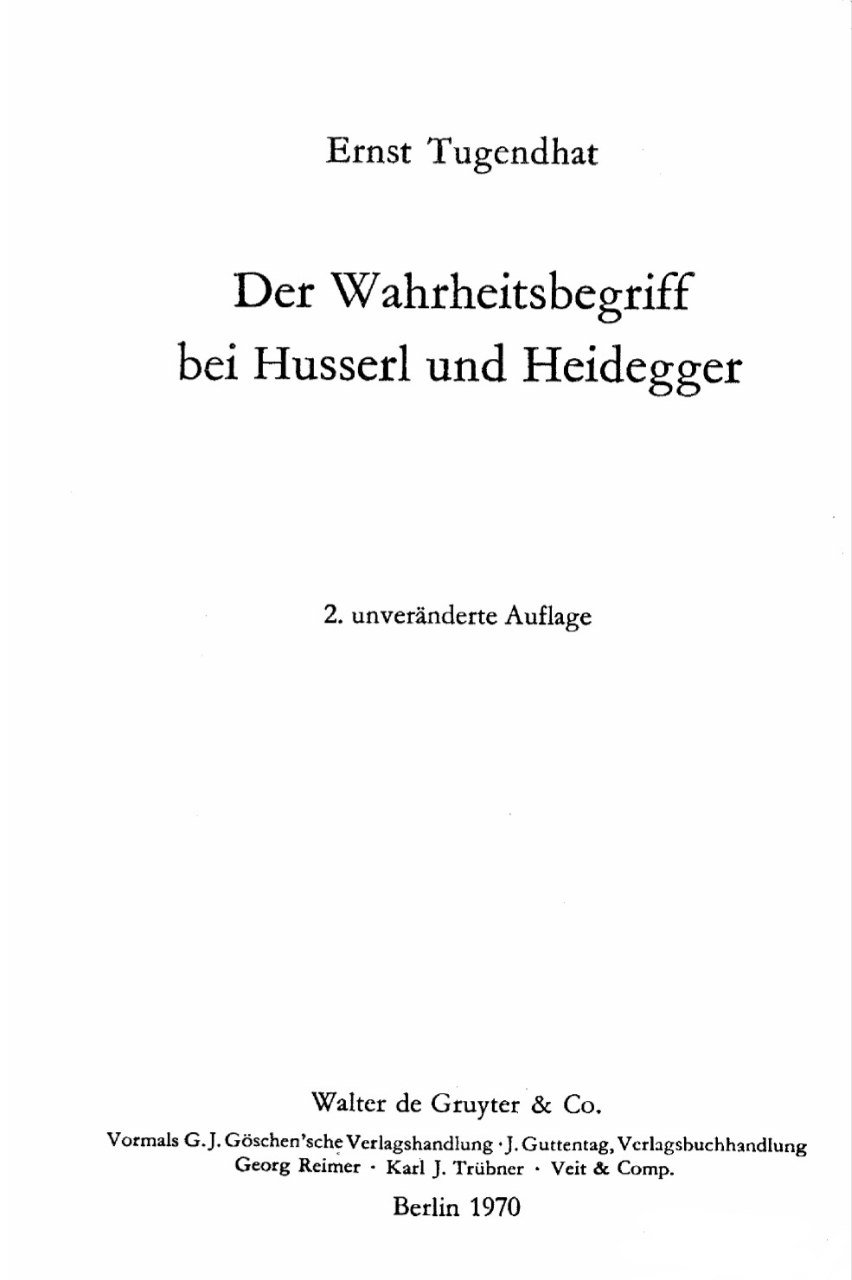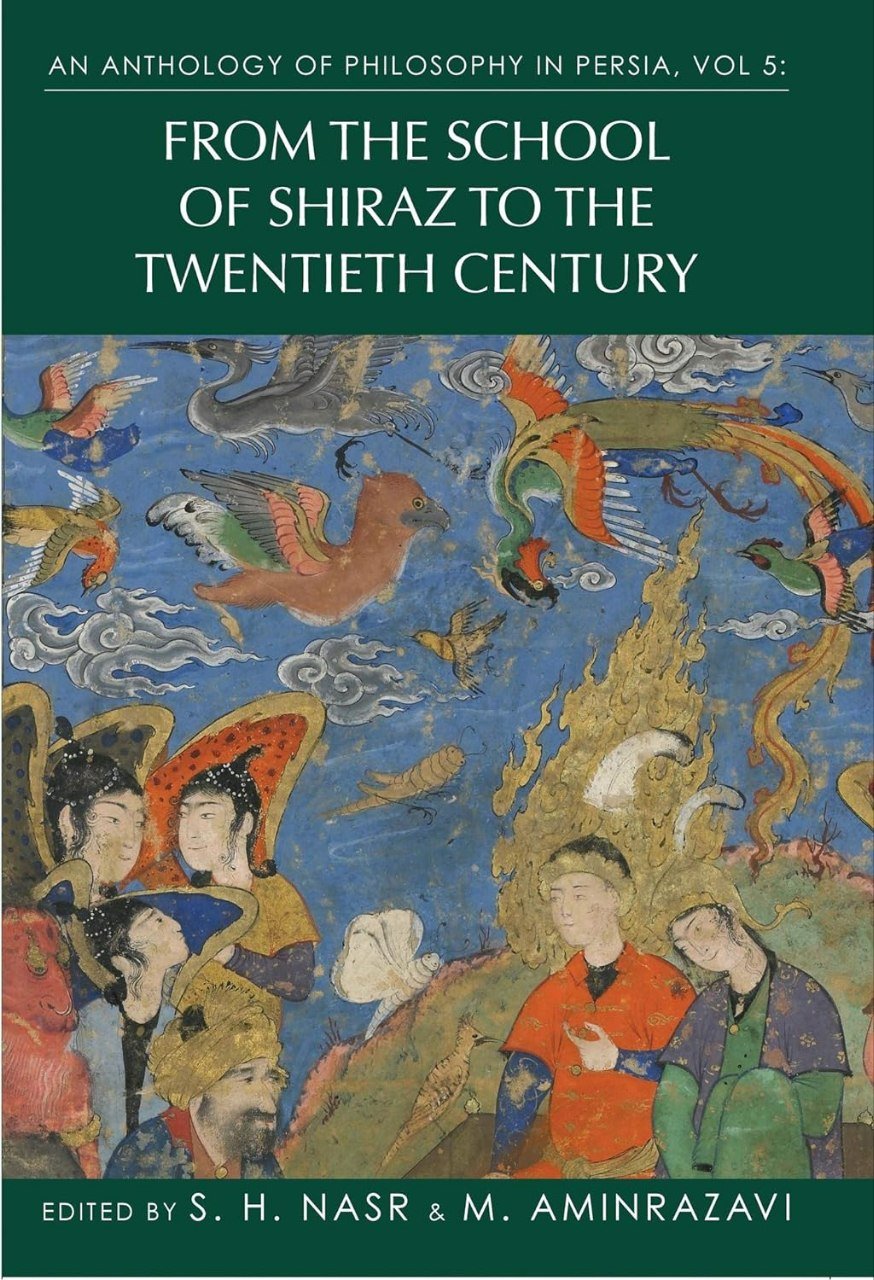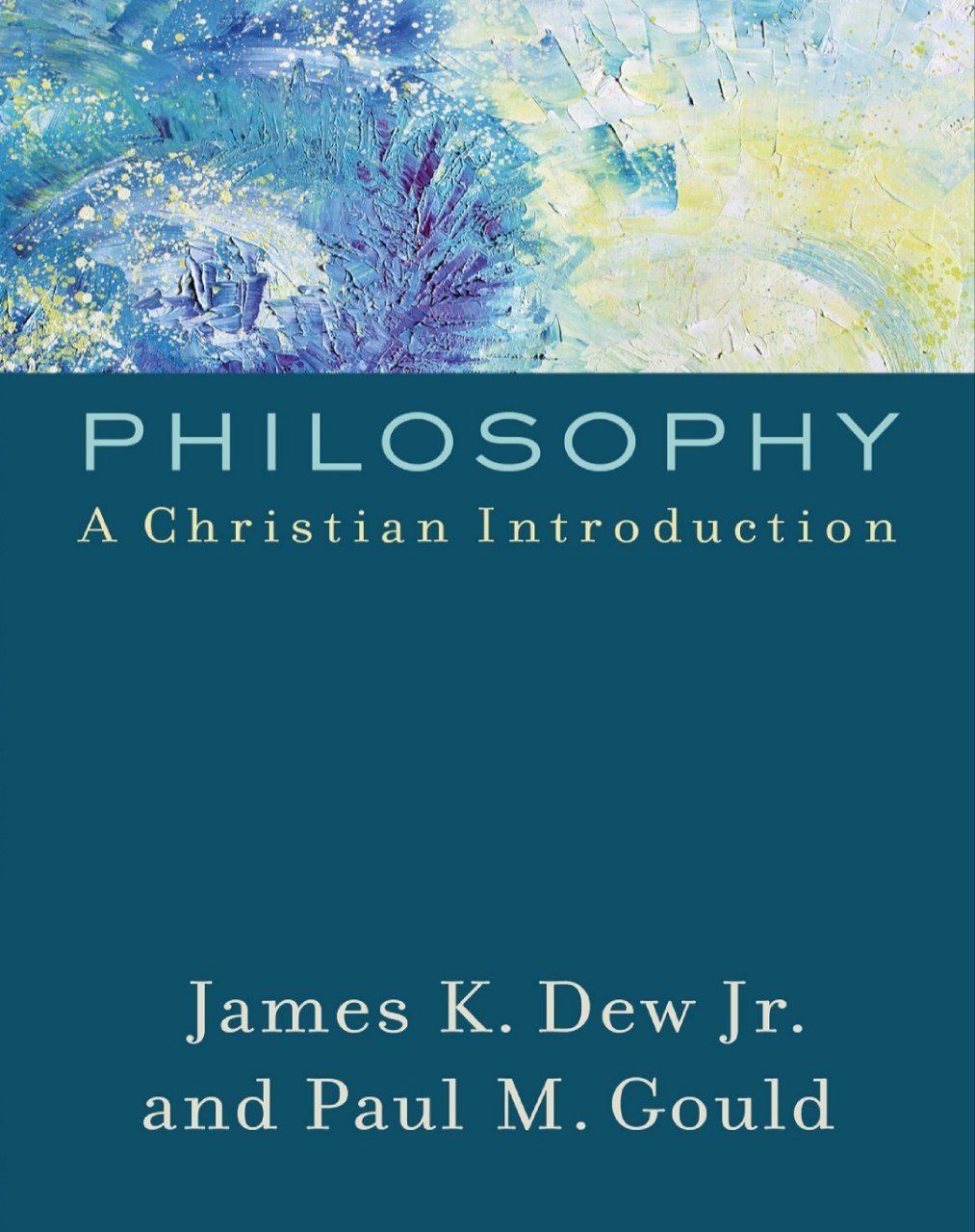

The Complete Collected Works
Reviews
No review yet. Be the first to review this book!
Description
The Complete Collected Works: Woyzeck, Danton’s Death, The Hessian Messenger, Lenz, and Leonce and Lena by Georg Büchner brings together the full range of this remarkable German writer’s literary output. Despite his tragically short life—he died at just 23 years old—Büchner’s works have had an enduring impact on literature, drama, and political thought. This comprehensive collection highlights Büchner's intense engagement with themes of social injustice, human suffering, revolutionary politics, and the existential condition of humankind. At the heart of this volume are Büchner’s three groundbreaking plays. Woyzeck, often considered his masterpiece, portrays the harrowing life of a lowly soldier subjected to poverty, humiliation, and psychological torment. Left unfinished at his death, Woyzeck is a stark, fragmented portrayal of societal oppression and mental deterioration, offering one of the first realistic depictions of working-class life on stage. Its modernist, experimental structure would go on to influence countless playwrights and directors. Danton’s Death delves into the French Revolution, focusing on the downfall of Georges Danton. The play examines the conflict between revolutionary ideals and political reality, highlighting themes of moral ambiguity, betrayal, and disillusionment. Büchner presents a nuanced exploration of revolutionary ethics and the tragic consequences of power struggles. Leonce and Lena contrasts sharply with Büchner’s darker works. This satirical comedy targets the absurdity of romantic conventions, aristocratic privilege, and political bureaucracy. With playful irony, it tells the story of two young royals who rebel against their arranged marriage, only to inadvertently fulfill their fates. Despite its humor, the play subtly critiques social structures and personal freedom. The collection also includes Lenz, a novella based on the mental decline of the Sturm und Drang writer Jakob Michael Reinhold Lenz. Büchner’s portrayal is groundbreaking in its psychological depth and naturalistic style, offering a haunting look into madness and alienation. The narrative’s fragmented, impressionistic quality anticipates later literary movements such as modernism and existentialism. The Hessian Messenger (Der Hessische Landbote) reveals Büchner’s role as a political activist and pamphleteer. This revolutionary tract, co-written with Friedrich Ludwig Weidig, calls for social justice and mobilizes peasants against the oppressive conditions of the ruling classes. Its famous rallying cry—“Peace to the huts! War on the palaces!”—captures Büchner’s radical commitment to equality and human rights. Together, these works showcase Büchner’s extraordinary range: from political manifestos to psychological novellas and revolutionary drama to biting satire. His language is at once poetic and precise, his themes timeless, and his insights into the human condition profoundly modern. The Complete Collected Works is a testament to Büchner’s legacy as a pioneer of modern European literature, whose influence can be traced in the works of Brecht, Kafka, and Beckett. This collection is essential reading for anyone interested in drama, revolutionary literature, or the philosophical and political currents of 19th-century Europe.






























.jpg)








.jpg)

.jpeg)






.jpeg)
.jpeg)
.jpeg)



.jpg)


.png)

.jpg)
.jpg)
.jpg)









.jpg)






.jpeg)



.jpg)
























































